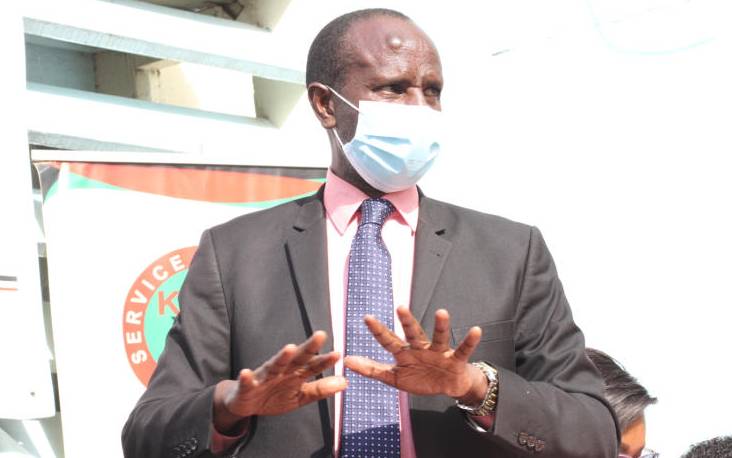×
The Standard e-Paper
Home To Bold Columnists

Kenya National Union of Teachers (Knut) has joined forces with the Parliamentary Service Commission (PSC) in challenging Chief Justice David Maraga's advice to President Uhuru Kenyatta to dissolve the parliament.
Knut argues in a statement signed by union secretary-general Wilson Sossion that dissolution of the 12th Parliament would disrupt learning process that the state is trying to salvage after Covid-19 blow.